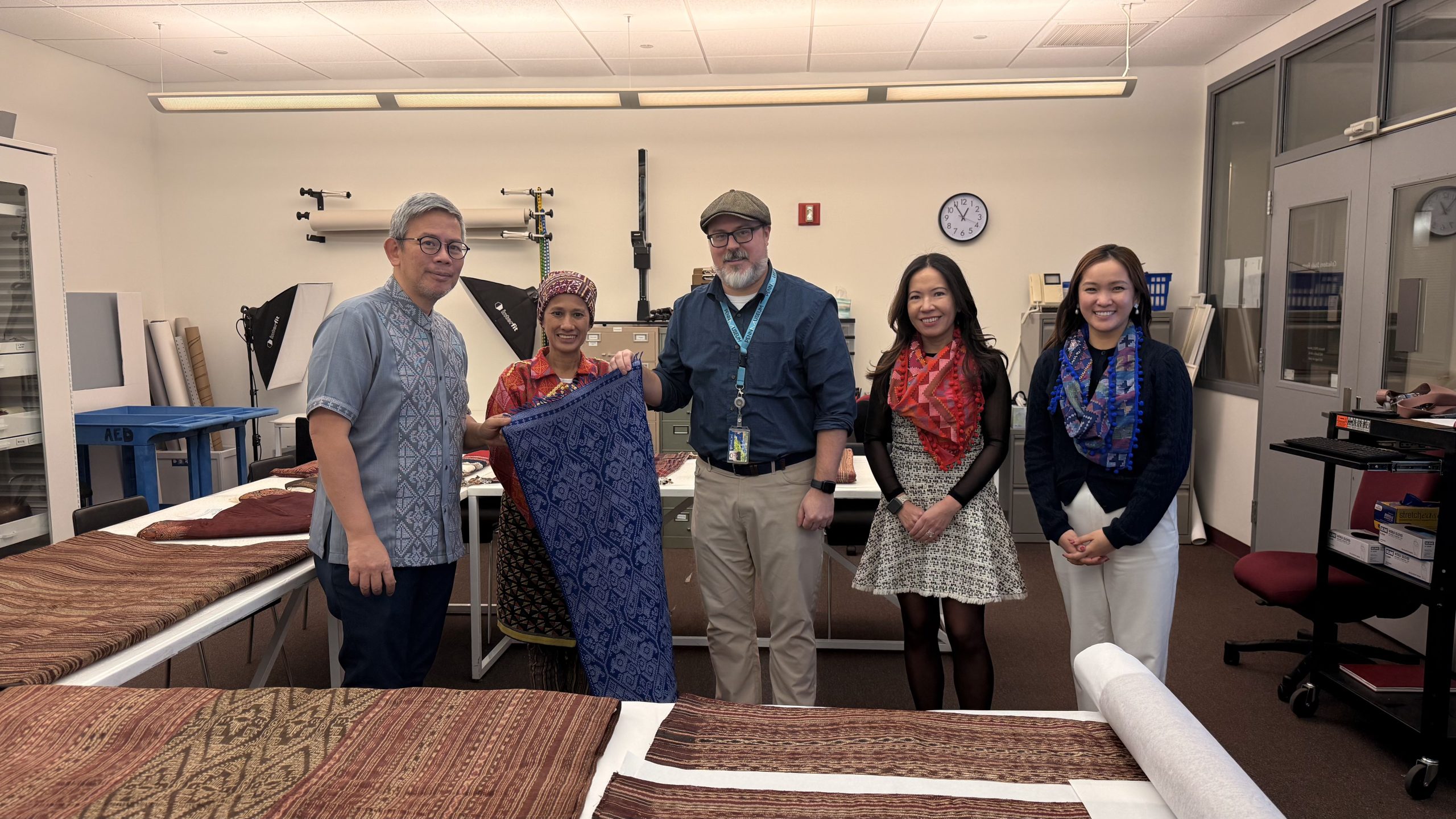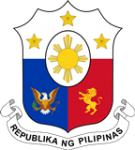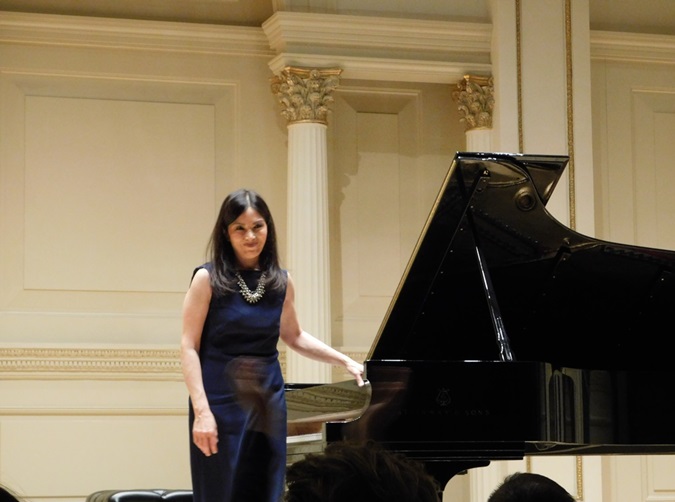Yakan Textile from PH Consulate Now Part of Penn Museum Collection

NEW YORK, 04 June 2025 – The Philippine Consulate General in New York and the University of Pennsylvania Museum of Archaeology and Anthropology (Penn Museum) have formalized the donation of a traditional Yakan woven textile to the Penn Museum, the largest university research museum in the United States.
The Yakan textile was turned over by the Consulate to the Penn Museum on 07 December 2024, coinciding with the visit of Ms. Evelinda Otong-Hamja who led a public program “Threads of Tradition: The Art of Yakan Weaving” at the museum. A fourth-generation Yakan weaver, Ms. Otong-Hamja traveled from the Philippines to New York and Philadelphia to give a series of talks, weaving demonstrations, and a hands-on workshop showcasing the rich cultural heritage of Yakan weaving.
Considered the oldest Yakan design, the textile is also known as “the cloth with 70 designs” or “peneh pitumpu.” As the patterns require expert skill to weave using 70 sticks and is very time consuming, it is generally reserved for aristocrats. A representative piece of Yakan weaving from the island of Basilan in southern Philippines, it reflects the community’s vibrant cultural identity and craftsmanship. It was woven by Hapdinan Jalalun, a relative of Ms. Otong-Hamja, a Yakan cultural worker from Zamboanga City.
“This donation is part of our continuing efforts to promote and preserve Philippine indigenous heritage on the global stage,” said Consul General Senen T. Mangalile. “We are honored to share the artistry of Yakan weaving with the Penn Museum and its audiences, and we hope this encourages deeper cross-cultural understanding and scholarship.”
As stewards of cultural heritage, the Penn Museum works closely with communities around the world to keep their vibrant cultural traditions alive through object conservation as well as expanding access to research and education.
“We are delighted to accept this beautiful textile. As the first example of Philippine Yakan weaving in the Penn Museum’s collection, it represents a significant milestone in our efforts to fully reflect the diversity and depth of the region’s Indigenous artistic traditions,” said Stephen Lang, Keeper of the Asian Collection of the Penn Museum. “We are grateful to Ms. Evelinda Otong-Hamja and the Philippine Consulate for making this meaningful gift possible,” he added.
Following processing and cataloguing, the Penn Museum will publish the record and images of this new acquisition on its website’s online collection, making them accessible to the general public and researchers alike. END


